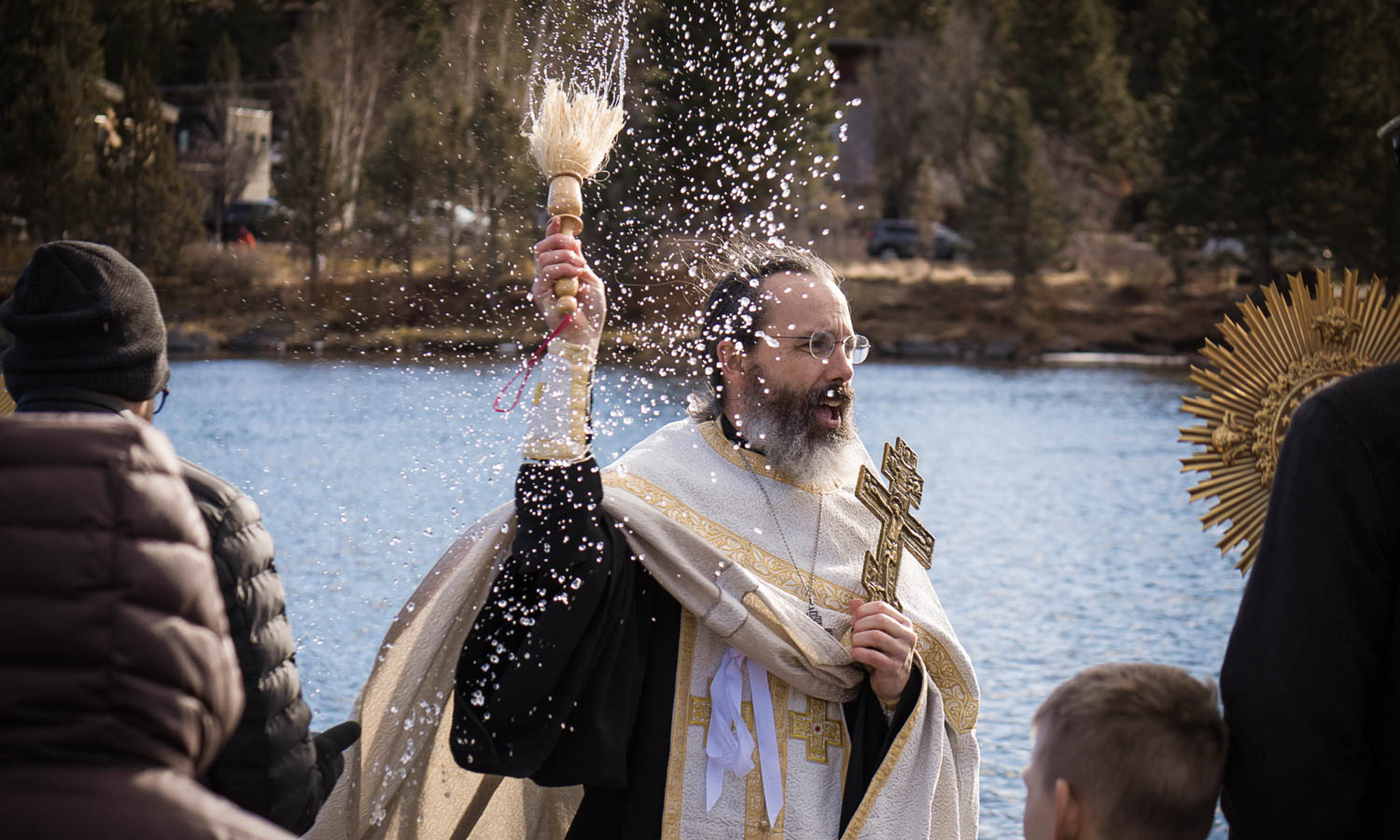The holy scriptures—Christ’s Church—Christ himself: how incredibly fortunate we are!
First, the scriptures. John Chrysostom says this:
Great is the profit of the holy Scriptures, and all sufficient is the aid which comes from them…for the divine words are a treasury of all manner of medicines. Whether it be needful to quench pride, to lull passion to sleep, to tread under foot the love of money, to despise pain, to inspire confidence, to gain patience—in the Scriptures we find abundant resources. For what man—of those who struggle with long poverty or who are nailed by a grievous disease—will not, when he reads the passage before us, receive much comfort? This man had been a paralytic for thirty eight years, and he saw others delivered each year, and himself bound by his disease… “Yes, Lord, he says, but I have no man…to put me in the pool.” What can be more pitiable than these words? …Do you see this heart crushed through long sickness? Do you see all violence subdued?…He did not curse his day…but replied gently … Yes, Lord. (Homily 37 on Jn 5)
“Great is the profit”, he says. “All sufficient is the aid which comes” from the scriptures. Let us seek (as St. John put it) the medicine for our pride, our love of money, our fear of pain. And instead, through the reading of the scriptures, find confidence and patience in our long sickness—maybe we are not sick of body, but we are certainly so in soul.
Continue reading “Yes, Lord — Scriptures, Church, Christ”